6 Secrets for Planning a Garden Your Family Will Love! Part 2
An important question we have to answer when we are planning our garden is, “How big do I make it?” Often the question is answered for us based on the space we have available. But when we do have the space, it’s easy to plant a garden that is too big. Bigger is not always better, and biting off more than you can chew can quickly turn your spring gardening dreams into a summer nightmare of weeds and neglected plants.
One year I wanted to grow some corn. I wanted a lot of corn. So I took a field around an acre (we live in the hills so this is a large area of flat ground for us) and plowed it up and planted it with corn. Long story short I didn’t get any corn from that field. The weeds took over despite my best efforts with the limited equipment I had and the coons got any corn that did grow. Compare that with another patch of corn I planted that was much, much smaller, around 30 feet by 80 feet. I was able to generously fertilize the plot using chickens and then was easily able to weed it and even fence it. The corn was tall and beautiful and we had delicious sweet corn, plenty to freeze and sell! And it was a lot more fun to care for.
Planting a garden that is too big is a common mistake that can rob your family of the joy of gardening. More does not always mean more as illustrated by the story above. When planning your garden this season I would encourage you to consider the following advice:
Start with a garden smaller than you think you will require and you will harvest more and enjoy working in it!
Here are four reasons for this advice:
1. You can easily plant more than you can take care of!
A gardening mentor once asked me, “How much should you plant?” When I looked unsure how to reply he gave the answer in the form of another question: “How much can you weed?” Especially with power equipment it is much easier to prepare and plant way more than we can weed and care for. So I recommend taking a step of faith and humility and planting less than you think you can take care of, and only increase when you have proven that you have time left over to care for more. If you find your standards falling, decrease the size of your garden!
2. More care for less space produces more than less care for larger space.
The productivity of a garden is not dependent on its size, but on the care given it. You only have so many hours to work in your garden and the bigger it is the less care you can give to each square foot. If you plant a smaller garden than you think you can care for, then you will feel like you can be generous rather than stingy in your care for each plant. And my experience suggests that this produces way more joy and production! You can also concentrate resources like compost or mulch. I have heard of examples where the same amount of compost spread liberally on a smaller plot yielded more than the same amount spread over twice as much area.
3. Limitations produce creativity.
Some of the more creative and abundant gardens I have ever seen happen to be ones limited by space. But this limitation is what forces gardeners to be creative in the use of space and results in incredibly efficient and productive gardens. If your garden is too big it can keep you from feeling free to be creative because there’s so much work to do already. For example, in a smaller space you may build some innovative trellises for your tomatoes and utilize the space between them for herbs and onions. But if your garden is too large you are going to have trouble just getting tomatoes set out and keeping up with watering and weeding.
4. A well maintained garden brings joy, which motivates you to keep caring for it!
If you keep your garden small, then it is likely that you will be able to do all your work on time, to a high standard, and with minimal waste. And when you go into a garden that has been care for this way, with healthy plants, straight rows, tidy little paths, and no weeds, it brings joy! And joy produces the work ethic to continue caring for your garden. Nehemiah 8:10 indicates that the Joy of the Lord is our strength. For that reason it is important to notice when we begin to lose our joy. It is probably an indication that we are being greedy in our work, not resting content in being faithful with what we can handle using the time and resources God has given us.
Conclusion
When we get excited about something, it is easy to get ambitious, especially gardening. But don’t let your zeal be destroyed by acting unrealistically and investing in quantity verses quality in your garden. Be humble, start small, and increase your garden’s size only when you have maxed out its potential through creative, generous care. Wouldn’t it be great increase the production of your garden for years without ever making it bigger?

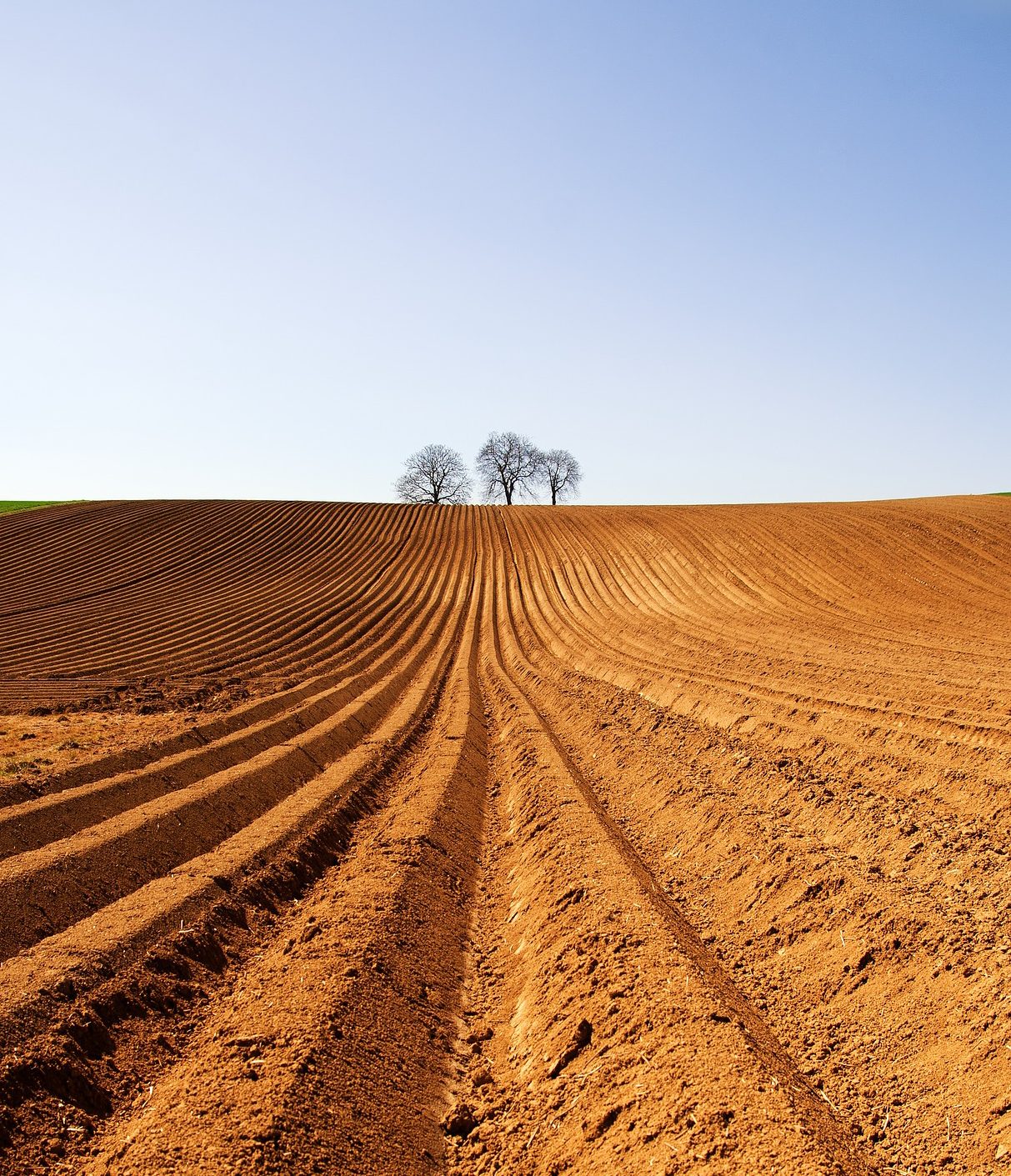
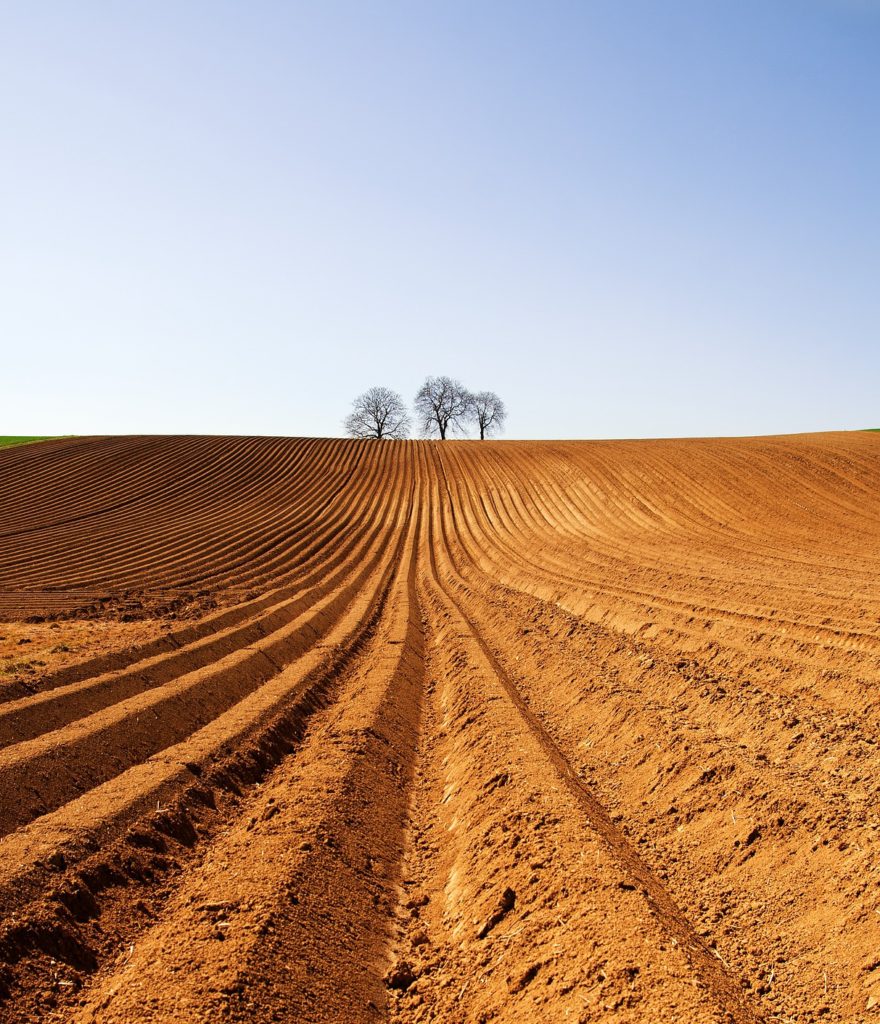
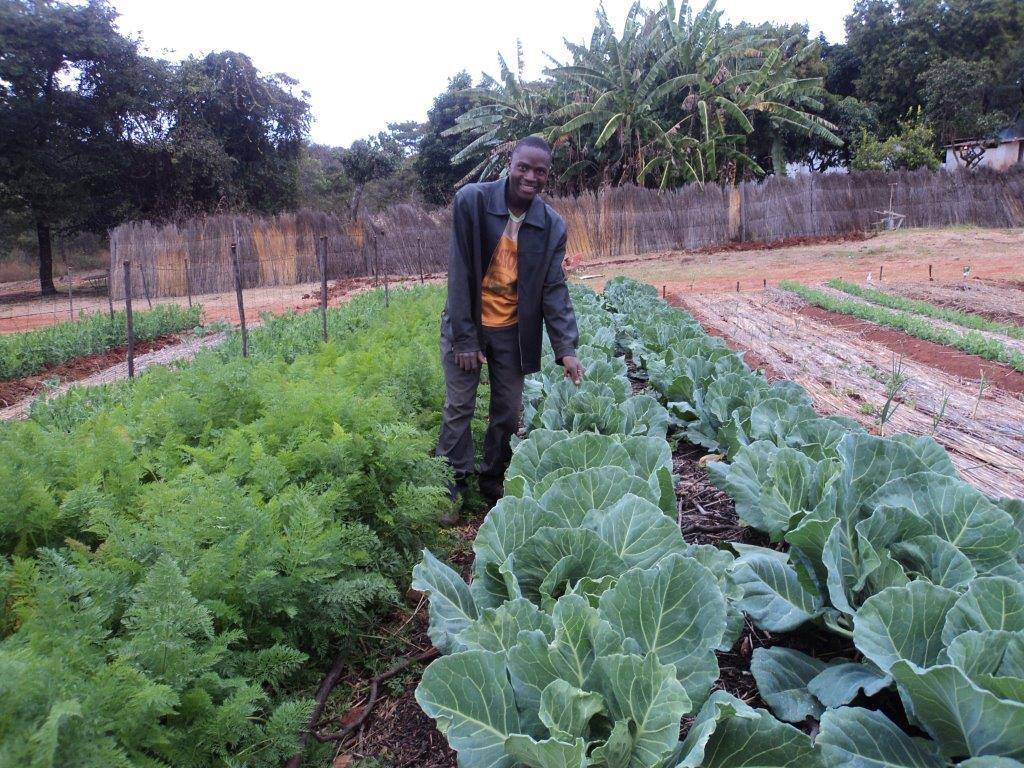
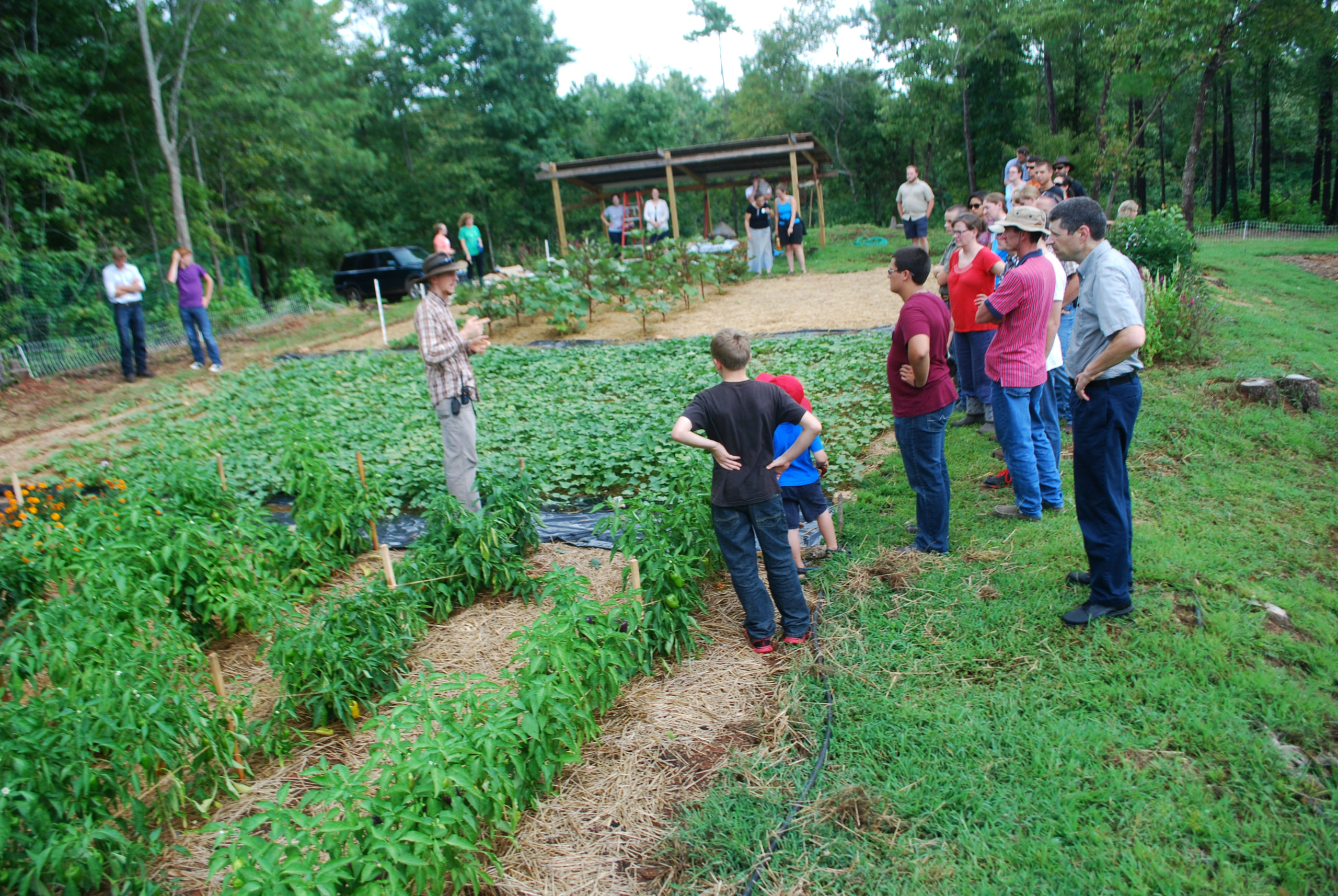
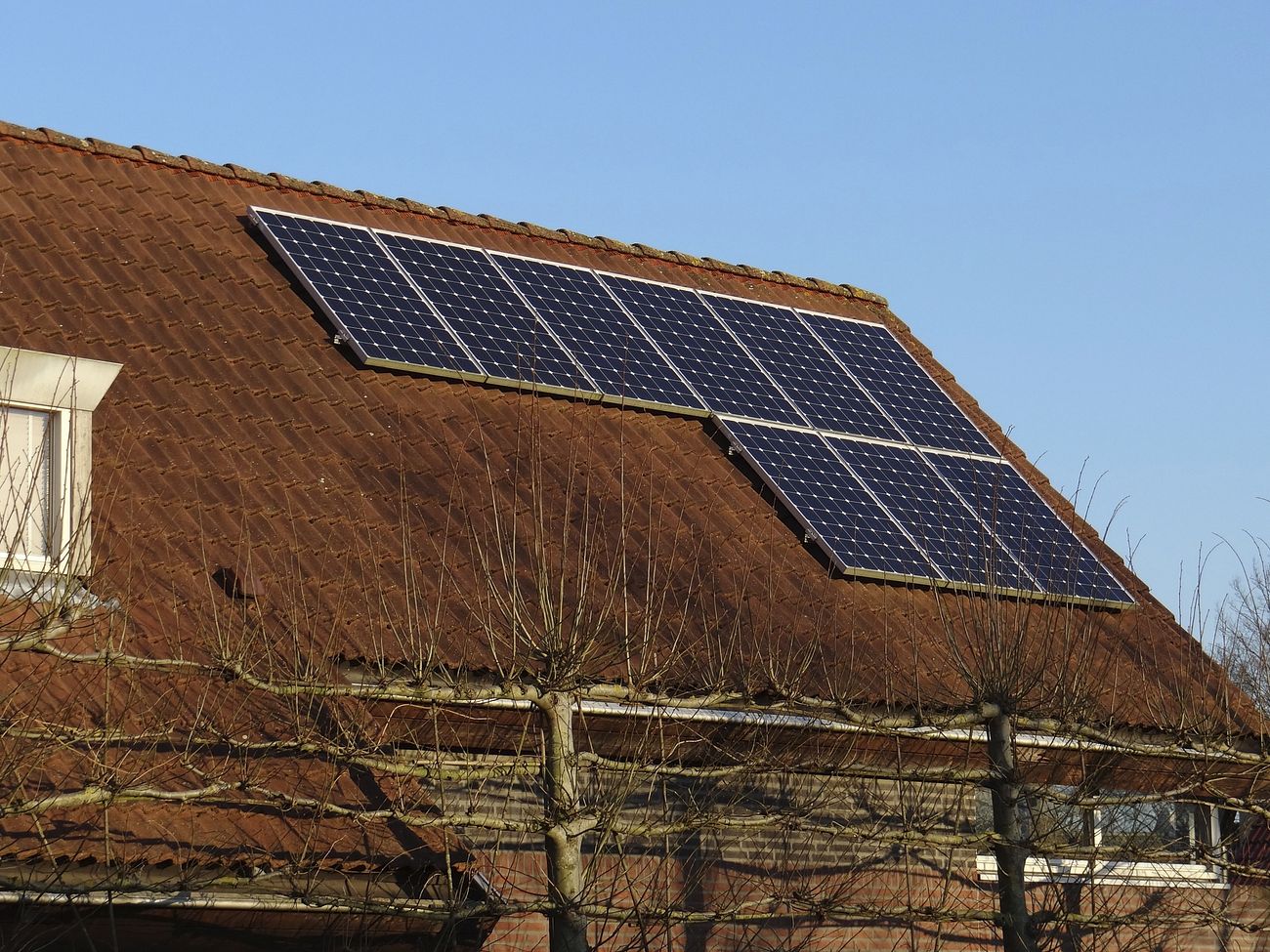
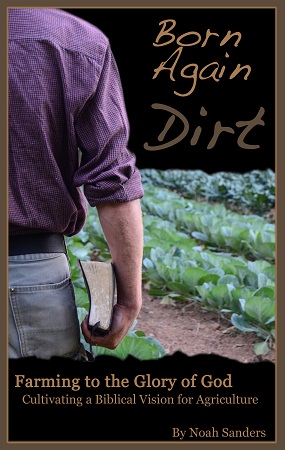
Thanks!!
For a guy going on 69, it’s still easy to want the bigger area, more food!! But, we have decided to pull back and focus on a much more smaller area. The soil is awesome! Loam and soft. We enrich it with old horse waste, composted hay, and wood chips. We have named the garden, “The Creator’s Soil.”
We had hoped for the local food pantry to help out more, but they area limited also. We do take much of our produce to the Sent By Ravens, food pantry, in Livonia, NY. Harvest time is when the real hard labor comes in!! SBR seeks people to help at this time, but it is amazing to all of us how there is no one to even offer to help in the harvest of free food!
In light of this, we have cut back to what we can handle.
My dad’s words have great timing, “Keep praying and plugging away.”
Thanks again, Carl and Kathleen Gelatt
I WHOLEHEARTEDLY agree! We have slowly grown our gardens over the past 10 years. We started with an 8×8 plot and it has grown exponentially. We now have decided that we will begin to sell our extra produce.
That’s great! I love your example of being faithful with little and letting God add to you. I pray that you will be able to bless many people with good food to His glory!
We have gardened for 16 years, and really appreciate your articles! This advice is great. So often about half of our garden doesn’t produce well. I think we need to focus on caring for a smaller amount.
Thanks! I am sure that you will find your gardening much more enjoyable too when you focus on a smaller amount.
Hi Noah,
So our family made the big mistake of building too large of a garden about 5 years ago. We went from all dirt to rows with grass in between to now raised beds (though too shallow because there are so many – 17 3’x8’!!) with grass around. We put much effort in building up the fencing and a gate around the 50’x50’ plot so we don’t want to get rid of that. But we have lost all joy and it’s so much to keep up with and homeschool and run an AirBnB on our property. I love your article and we wholeheartedly agree with what you are saying. Stewardship is so important to us and I feel we have failed miserably here. Do you have any advice on maybe how to decrease what we have and possible ideas for use of what’s left with the space in the garden area? Many thanks!
Great question! That is a big plot to keep up with but in the long run you may use it all so I wouldn’t take any fence down! Here is what I recommend. You have a large elephant that needs to be eaten. I would buy some silage tap material and cut it to 4×10′ pieces so you can tarp any beds that you need to put on hold or kill the weeds in. Then take 6-8 beds, depending on your available time, and make them your ‘showcase’ garden. Commit to only growing as much as you can manage on time, to a high standard, with minimal waste, and with joy. If it seems too much still, tarp a few of the beds. Once you feel like you could do more, add a few beds. In the next few years see what your sweet spot is for the number of beds you family can manage profitably and then you could pray about putting the rest of the beds you don’t need into perennials like asparagus, rhubarb, blackberries, herbs. Even flowers! And just pray too, when starting, for God to give you wisdom on what He wants you to do with the land He has entrusted to you. You can do it!